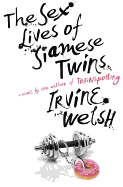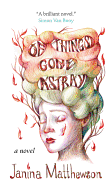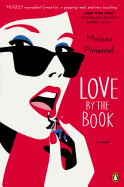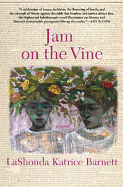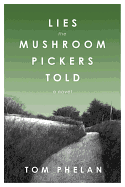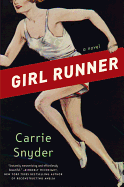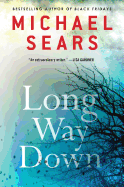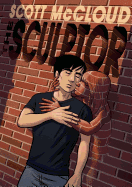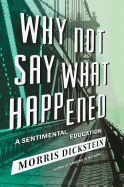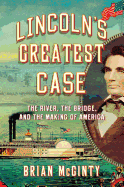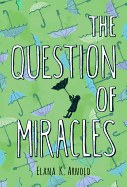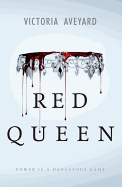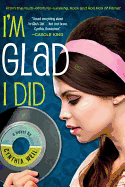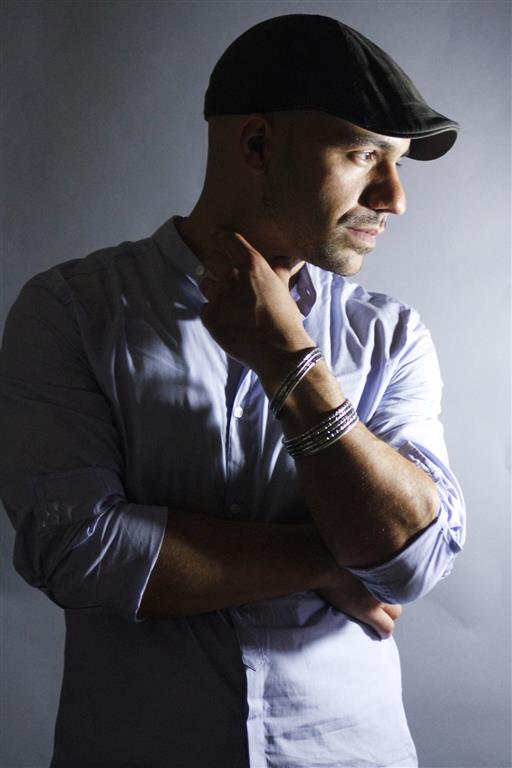 |
| photo: Kevin Kane |
Daniel José Older has published a collection of stories (Salsa Nocturna) and coedited an anthology of speculative fiction (Long Hidden). His first novel, Half-Resurrection Blues (Roc), begins an urban fantasy series, and Arthur A. Levine Books will publish his first YA novel, Shadowshaper, later this year. Read Older's thoughts on writing and dispatches from his decade-long career as a New York City paramedic and hear his music at ghoststar.net.
On your nightstand now:
I'm about to finish Salvage the Bones by Jesmyn Ward. It's utterly divine, brutal, intimate, poetic, honest. I'm also reading Recurrence Plot (and Other Time Travel Tales) by Rasheedah Phillips, a haunting afrofuturist time-travel parable, and Up Jump the Boogie by John Murillo, because I always keep a book of poetry nearby, and John is a genius.
Favorite book when you were a child:
The first book I ever loved was Hippos Go Berserk! by Sandra Boynton. That's when I was tiny. Later on, it was Homer's Iliad and All The President's Men by Bob Woodward and Carl Bernstein. Looking back, I think what got me was the messiness of these powerful beings. Both books reveal the deeply flawed, complicated humanity of gods and politicians, all in the midst of amazing storytelling. My mom used to take me to the public library to look at those old microfiche newspapers from the Watergate era, and her stories about that time made history come to life.
Your top five authors:
Junot Díaz made voice and narrative flow make sense to me in a whole new way. Octavia Butler transformed how literature of the fantastic talks about power and history, all the while telling amazing, engaging stories. I love Shakespeare for intricate plots, incredible characters and a balance of humor, depth and sorrow. James Baldwin made truth-telling an art form. And I love Arundhati Roy both for her novel The God of Small Things and her unflinching essays.
Book you've faked reading:
I had to read Tolstoy's Anna Karenina for school, and then I lost my Kindle so I was reading on the phone app. Whenever they started debating agriculture reform, I just skipped ahead until something actually happened.
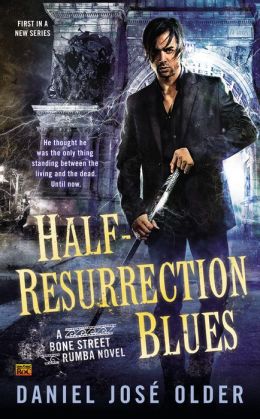 Book you're an evangelist for:
Book you're an evangelist for:
Story by Robert McKee is simply one of the most brilliant and useful guides to writing I've ever read. It's for scriptwriters, but everything applies across the board. He gets into nitty-gritty mechanics and big-picture thematic questions. I tell everyone who wants to be a writer to read it.
Book you've bought for the cover:
Max Gladstone's Three Parts Dead: that surly, unimpressed glower beneath that fantastic 'fro; the shimmering tattooed arm with the shimmering blade; the rugged, gas-lit world around her that seems both very old and very new.
Book that changed your life:
Six Easy Pieces by Walter Mosley. I drank it during a single, breathless night. Mosley's cool flow and ease with language made me realize I could find a home in genre fiction. These interconnected shorts reminded me that it's possible to say something meaningful about the world and still tell a great story. Here, the mystery becomes about something much more than just solving the crime, it's about interrelated emotional arcs, community, survival.
Favorite line from a book:
"Ojalá podamos crear un lenguaje entrador y... hermoso... para saludar al crepúsculo." ("God willing, we can create a language brave and beautiful enough to greet the new dawn.") --Eduardo Galeano
Which character you most relate to:
Kirpal (Kip) Singh, the sapper from Michael Ondaatje's The English Patient, came to life in my mind in a way few characters do. The book guides us through his ever-complicated relationship to living in two worlds--deepening dimensions of love, discomfort, community, rage, identity--and meanwhile he's defusing bombs. I read it when I was a brand-new paramedic, learning the streets of New York and learning about myself at the same time.
Book you most want to read again for the first time:
Snow Crash by Neal Stephenson utterly blew my mind when I first read it. I must've been 12 or so. I was in Puerto Rico with my family, and I remember the experience of finishing it so clearly. It was so dynamic and clear in my mind: I just wanted to run--a completely physical reaction [to] words on a page.
Books that made you want to become a writer:
In my mid-20s, I read Junot Díaz's The Brief Wondrous Life of Oscar Wao, Walter Mosley's Six Easy Pieces and Stephen King's On Writing. Those three books, plus the collective ferocity of Octavia Butler's entire bibliography, meant I pretty much had to write. It didn't even feel like a choice. Suddenly, the stories were there, waiting--demanding--to be told. And who was I to deny them?
Book Brahmin: Daniel José Older
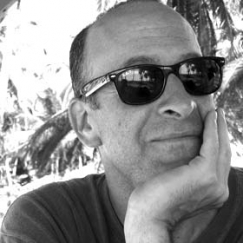




 Book you're an evangelist for:
Book you're an evangelist for: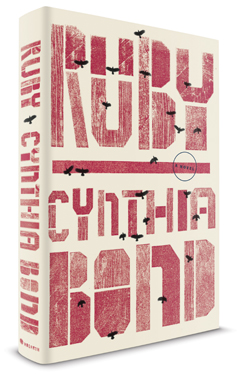 Oprah's Book Club 2.0 new selection has been announced:
Oprah's Book Club 2.0 new selection has been announced: 